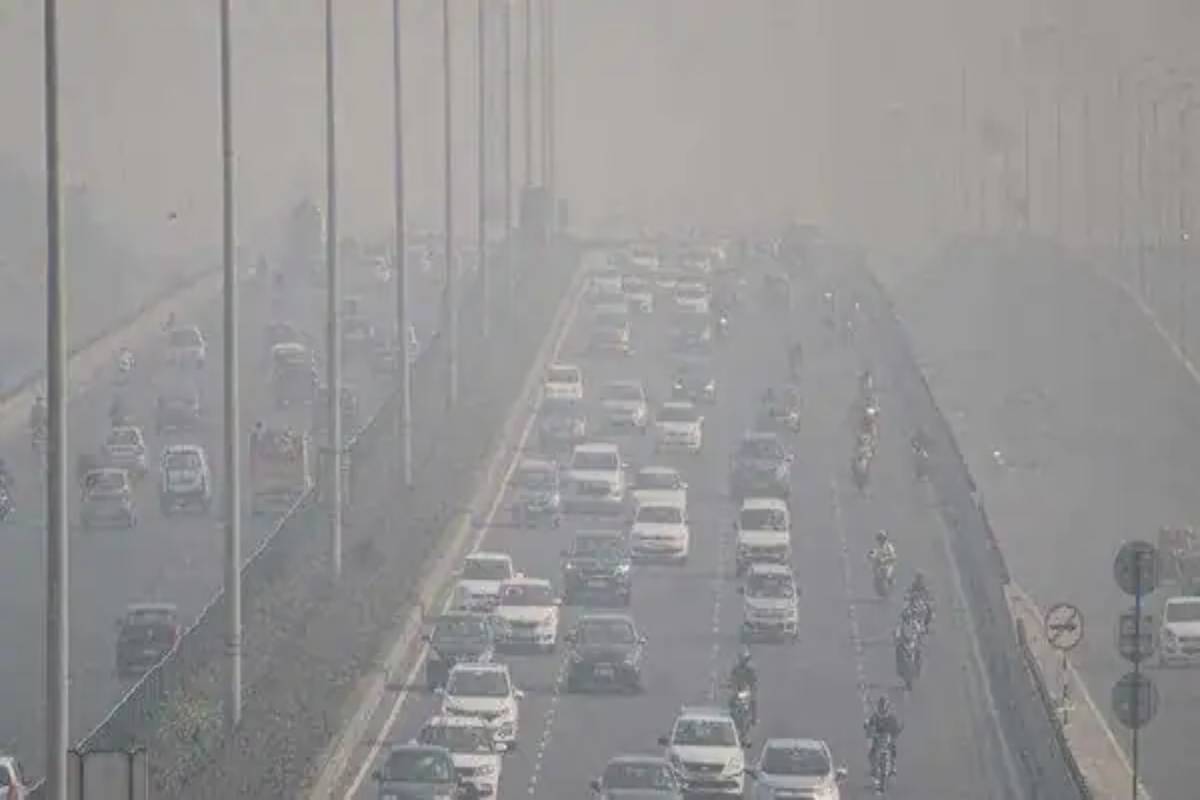Delhi PWD Minister inspects development projects
During the inspection, Minister Pravesh Verma took stock of three important projects. The first is from Bhoro Marg to Sarai Kale Khan where road strengthening work is going on till the ring road.
The Graded Response Action Plan or GRAP is categorized into four stages – Stage I, Stage II, Stage III and IV.

Representation image [File Photo]
The Commission for Air Quality Management (CAQM) has initiated Stage 2 of the Graded Response Action Plan (GRAP) and asked authorities to implement anti-pollution measures in Delhi and its surrounding National Capital Region as air quality in the national capital and surrounding areas is likely turn “very poor” on October 23 and 24.
“All actions as envisaged under Stage-II be implemented in right earnest by all the agencies concerned in NCR with immediate effect, in addition to all Stage-I actions of GRAP already in force,” the CAQM said in its order.
Advertisement
The development comes after the India Meteorological Department and the Indian Institute of Tropical Meteorology warned Delhi’s air quality will dip further and enter the “very poor” category over the next two-three days. The weather office said that unfavourable meteorological and climatic conditions will significantly impact the air quality.
Advertisement
The Graded Response Action Plan or GRAP is categorized into four stages – Stage I, Stage II, Stage III and IV. When the Air Quality Index (AQI) reads between 201-300, Stage I measures are implemented. Stages II comes into force after the AQI dips to 301-400 and air turns “very poor”.
For “Severe” AQI between 401 and 500, GRAP stage is activated and when AQI crosses 450 and air quality turns “severe plus”, the final Stage IV is implemented as countermeasures.
Stage I measures are already being taken in Delhi and NCR where air quality is poor at the moment. Under the Stage I, burning of coal and firewood to make bread and other items at hotels and restaurants is banned.
With the implementation of Stage II, authorities have been asked to increase the parking fees to discourage the use of private vehicles. They have also been directed to increase the services of CNG and electric buses and metro trains.
Advertisement